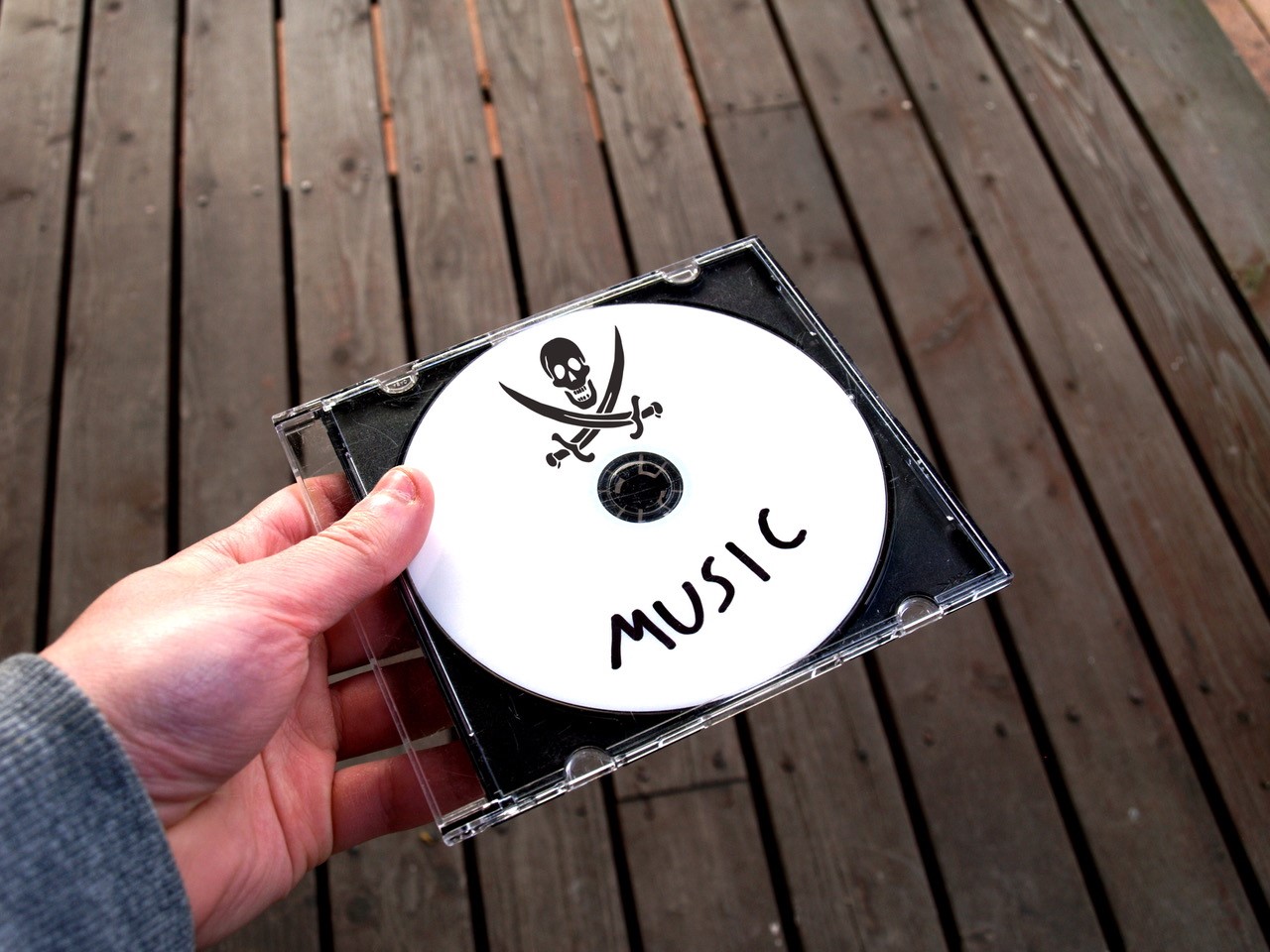It does appear that the music industry is finding it difficult to hit a high note this year. When lockdown level five brought a ban on social gatherings (that’s set to continue all the way through to stage two), musicians and performance artists were bereft of an important source of income – gigs.
Initiatives like #Gig2Earn made headlines trying to combat this particular hurdle, with payouts of over R424 500 to a number of artists who appeared live before a virtual audience in the music-streaming app, JOOX. But an inability to perform in-person isn’t the only lockdown-induced issue.
Artists also had to contend with an increase in piracy. Reports from the Recording Industry of South Africa (Risa) showed intellectual property theft is on the rise from the annual R500 million it’s already said to cost South African recording companies each year, with some of the local scene’s biggest names being affected the worst, including artists like Kabza de Small, Blaq Diamond, DJ Maphorisa, DJ Zinhle, and MFR Souls.
The battle against piracy is to be won through music-streaming services that follow three core tenets; accessibility, variety, and usability.
Accessibility
For music-streaming to win out over the economic pressure from piracy, the service needs to be accessible to a data-sensitive, financially-conscious, mobile-first South African population. Expecting all individuals who might otherwise pirate their music to buy it instead seems too optimistic. Instead, enterprise partnerships need to happen to make a free, legal music library possible as a value-add on services South Africans already pay for. JOOX and DStv have such a partnership, with all DStv customers and up to four family members having access to the JOOX VIP subscription. Since the DStv subscriber base in South Africa stands at 8 million, providing VIP accounts for them and their chosen family members means that 32 million locals (more than half the population) are up for on-demand music listening, with songs they can – crucially – download on WiFi for frequent offline use.
Variety
Music-streaming services also need to have variety to stop people from seeking to meet divurgent music tastes through illegal sources. In a multicultural country like South Africa, this means the available library needs to cater for a wide range of homespun tastes, including amapiano, gospel, hip hop, and Afrikaans categories. The more that people find from a legal source, the less likely it is they’ll need to seek a given song or artist elsewhere. JOOX has a strong focus on expanding its South African music roots, and works closely with resident record companies to ensure Mzansi’s many voices are heard through an extensive catalogue of new and older local music, along with all the international hits.
Usability
Lastly, it’s also important that music-streaming services are easy to use. Those who do or have tried to pirate music can attest to it sometimes being a logistically messy process, over and above its questionable morality. Apps like JOOX provide alternatives that are so user-friendly, the monetary cost of their subscriptions are balanced out by the amount of time they save, and their safety in comparison with peer-to-peer piracy sources.
Apps like JOOX also have big draw cards with the number of related entertainment services they provide that pirated property can’t, including original celebrity shows like TBH with JOOX, in-app concerts like Big LIVE (which regularly feature big-name artists like Cassper Nyovest, Kwesta, and Demi Lee Moore), Live Wednesdays for up-and-coming local talent, and a built-in karaoke feature where users have the chance to be the next big thing in the app.
Download JOOX now and activate your free VIP subscription if you’re a DStv Customer. Learn how here. Watch the next Big LIVE concert features SA indie rock band, the Parlotones, this Sunday, 28th June at 6pm. The Parlotones will be opened by Afrikaans sensation, William Wolf.












